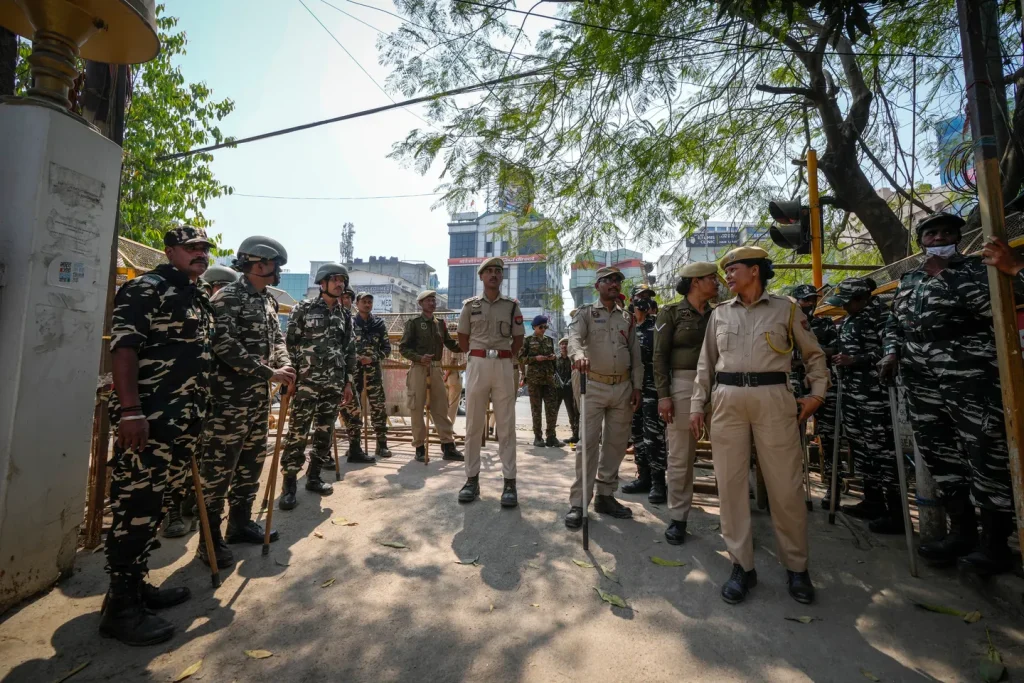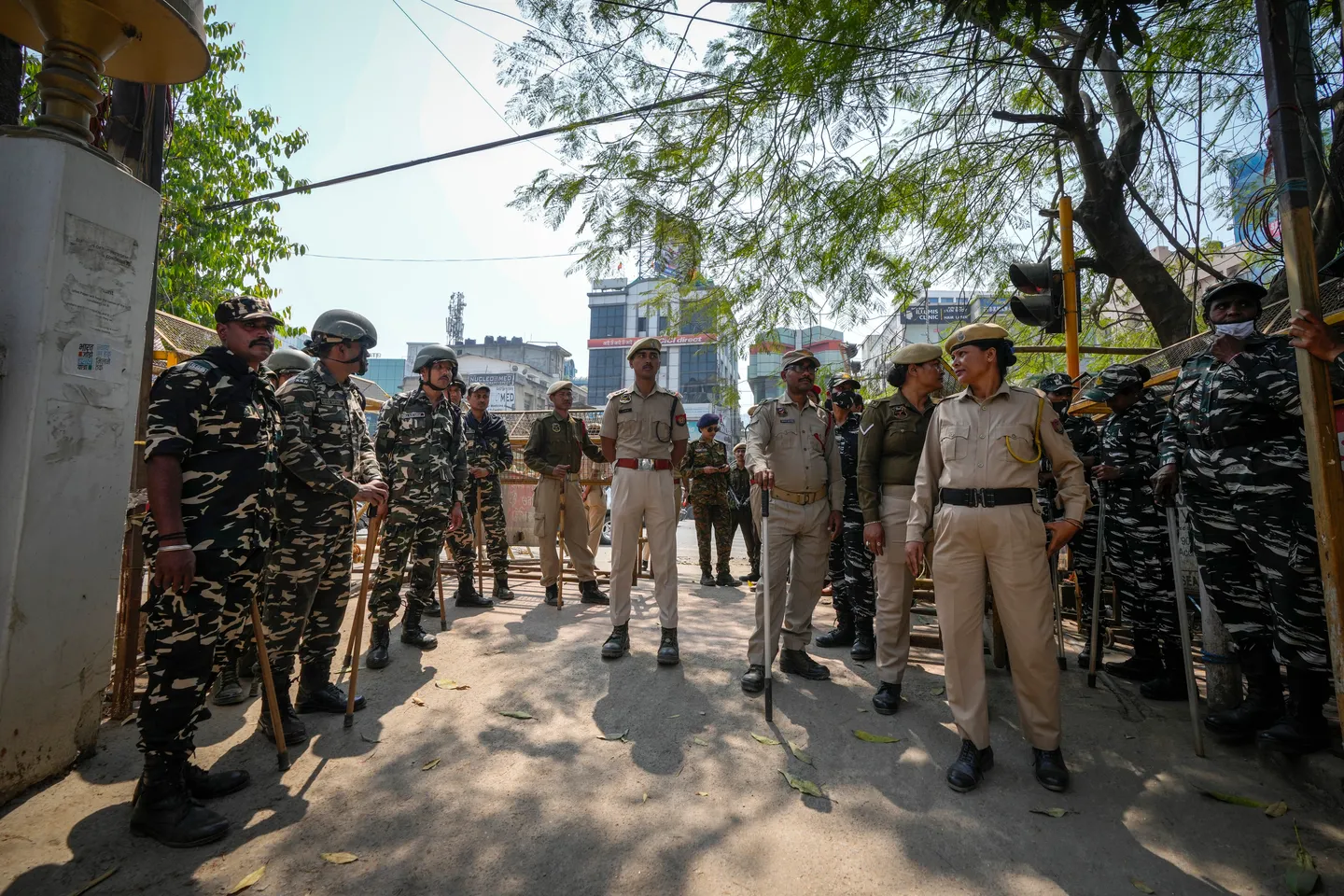A fatal police shooting during an eviction drive in Assam has reignited protests and accusations that Bengali-speaking Muslims are being systematically targeted under Chief Minister Himanta Biswa Sarma’s BJP-led government.

A Crisis Deepens in Assam
In India’s northeastern state of Assam, a pattern of eviction drives is drawing widespread protests and accusations of communal bias. Tensions escalated sharply after a Muslim man was shot and killed by police during a forced eviction in the Darrang district. The incident has once again put the spotlight on the region’s controversial Chief Minister, Himanta Biswa Sarma, and his administration’s policies toward Bengali-speaking Muslim communities.
A Pattern of Displacement
Over the past several years, thousands of families—many of them poor, landless, and Muslim settlers—have been evicted in what the government calls a move to reclaim illegally occupied government land. The evictions, often carried out with little warning or legal recourse, are concentrated in areas where large numbers of Muslim residents of Bengali origin have lived for generations.
Protesters say these operations are not just about land. They argue it is part of a broader campaign to marginalize Assam’s Muslims, portraying them as “outsiders” despite many having Indian citizenship.
Chief Minister Under Scrutiny
Chief Minister Himanta Biswa Sarma, once a member of the Indian National Congress (INC), joined the Bharatiya Janata Party (BJP) in 2015. Since taking office in 2021, Sarma has pushed a hardline agenda that many critics view as openly hostile to Muslims. His government insists that the eviction drives are legal, necessary, and aimed at freeing land for agricultural projects and indigenous communities.
But human rights groups and opposition leaders claim otherwise. They argue that the operations disproportionately impact Muslims, particularly those who speak Bengali, and are carried out in a climate of fear and communal polarization.
Police Violence Fuels Anger
The latest eviction turned deadly. In shocking footage that went viral, police opened fire on protesting residents. A Muslim man was killed. The video showed a government photographer stomping on his body while police stood by. The footage has sparked national and international outrage, with calls for an independent investigation into both the police conduct and the legitimacy of the eviction policies themselves.
A Broader Political Strategy?
Many analysts believe the Assam evictions are not isolated but part of a larger BJP strategy across India. By positioning certain groups as “illegal infiltrators” or “threats to Hindu identity,” right-wing governments across states have sought to consolidate Hindu votes, particularly before major elections.
Assam, which has a long and complicated history of migration, identity politics, and ethnic tensions, has become ground zero for this kind of nationalist social engineering.
Resistance on the Ground
Despite the crackdowns, protests are growing. Civil society groups, students, and opposition parties continue to demand a halt to the evictions and compensation for displaced families. They are also calling for a review of land records, arguing that many of those being evicted have documents proving legal residence.
As the 2026 Assam state elections approach, Sarma’s government shows no signs of backing down. But neither do the protesters.
More Than Just Land
What’s happening in Assam is not just about land disputes. It’s about identity, power, and the fragile fabric of India’s secular democracy. As videos of violence go viral and eviction numbers climb, the world is watching. And the question remains: Is this governance—or targeted persecution?















Comments are closed.